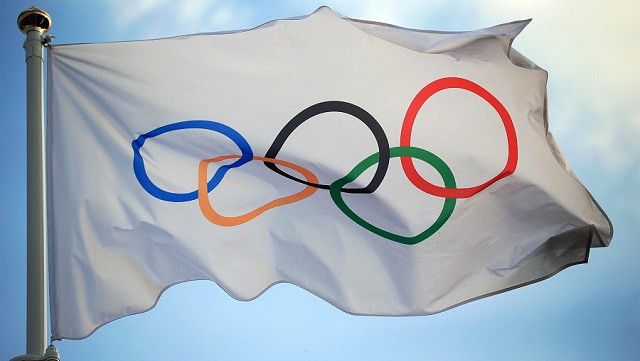
Tokyo, Japan | AFP | Tokyo organisers are back on track and will complete their 2020 Olympic venues on schedule, the International Olympic Committee (IOC) said Monday at the start of a three-day visit.
After bungling the rollout of the showpiece Olympic stadium two years ago, local organisers have come under scrutiny but last month unveiled their first new permanent venue for the 2020 Olympics in a welcome public relations boost.
The new national stadium is set to be completed by November 2019 after Japanese Prime Minister Shinzo Abe tore up the original blueprints over its eye-watering $2 billion price tag.
But the IOC’s Games coordination commission chairman John Coates backed Tokyo 2020 to deliver the venue on time.
“It was a significant accomplishment to complete the first permanent venue,” he said before a meeting with key Japanese officials, including Tokyo governor Yuriko Koike and Olympics Minister Shunichi Suzuki.
“There are six other venues under way and with the progress of the national stadium, we are very confident of meeting the delivery dates you’ve set.”
Other items on the agenda in Tokyo this week are security, efforts to further reduce the $12 billion Games budget and anti-doping protocols, officials said.
Coates noted further progress with last week’s shortlist of three Tokyo 2020 mascot candidates.
Schoolchildren from across Japan will vote on the winner by the end of February and Coates said the new sports approved for Tokyo 2020 — including skateboarding, sports climbing and BMX freestyle cycling — would bring some street cred to the Games.
“That youth focus and gender balance will be one of the greatest legacies of Tokyo 2020,” he added, pointing to the record 48.8 percent of women set to compete in the Games.
Koike, who has often been at loggerheads with local organisers over the prickly issue of costs, revealed the IOC president had “praised Tokyo’s progress” during a recent meeting in Paris as both sides painted a rosy picture before getting down to business.
Suzuki, meanwhile, underlined the role of the Japanese government in guaranteeing a safe Olympics.
“Of course security will be of paramount importance,” he said. “To that end, the government’s cooperation will be crucial, in particular in terms of counter-terrorism measures and identifying potential risks and threats to the Olympics.”
Tokyo won hosting rights in 2013, beating bids from Istanbul and Madrid, but preparations have been far from smooth.
After the fiasco of the Olympic stadium, designs for the official Games logo were ditched following accusations of plagiarism.
There was more bad news in October when organisers admitted that prolonged summer rain had brought high levels of bacteria to a venue earmarked for triathlon and open water swimming.
 The Independent Uganda: You get the Truth we Pay the Price
The Independent Uganda: You get the Truth we Pay the Price





